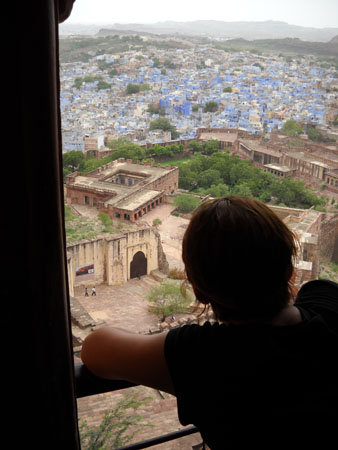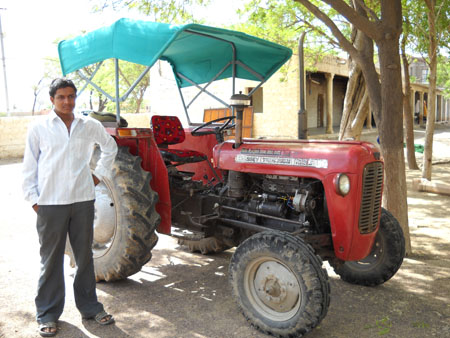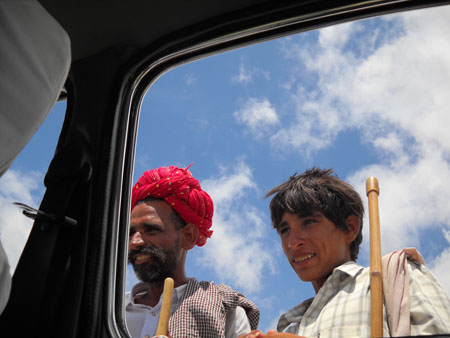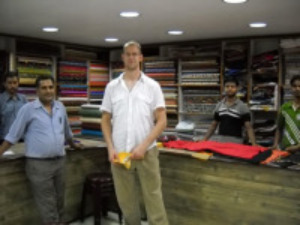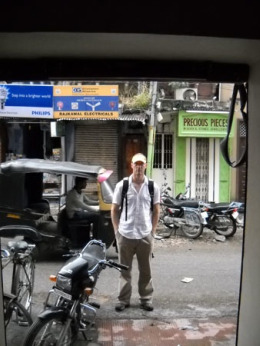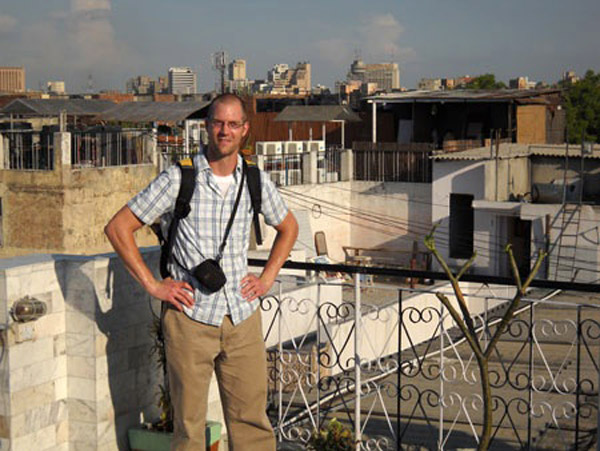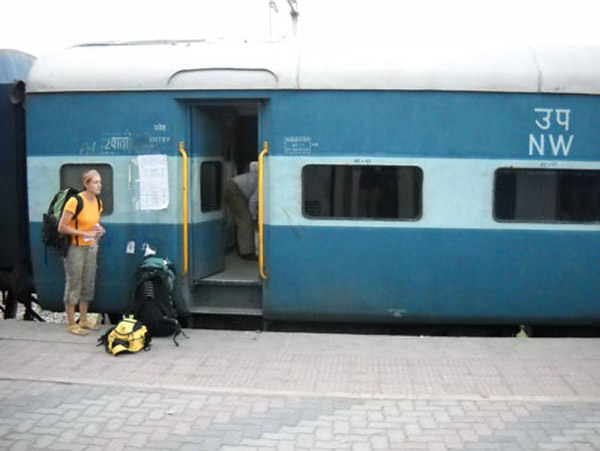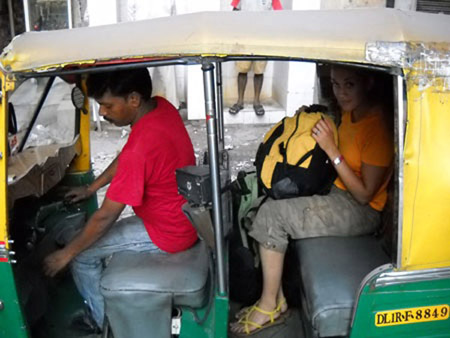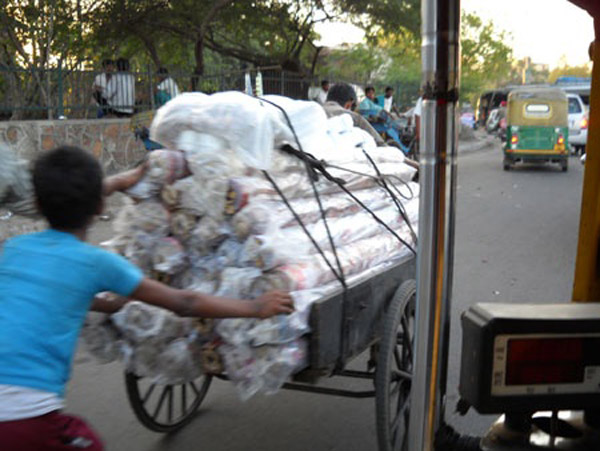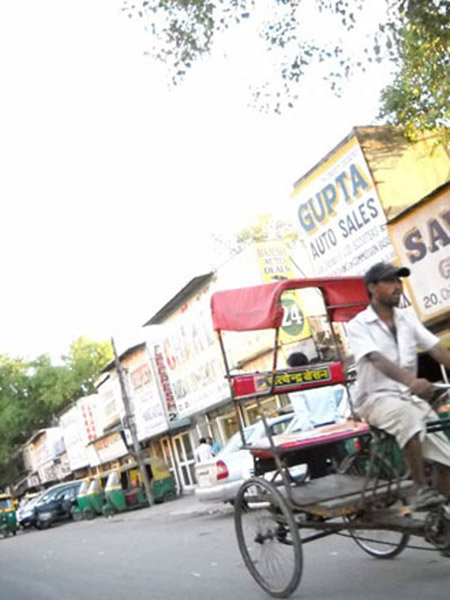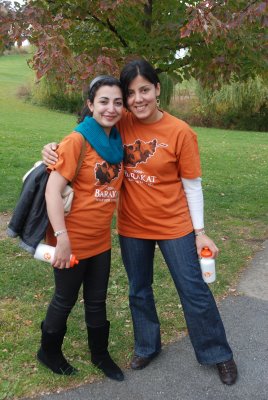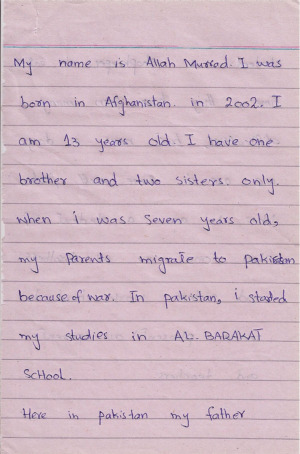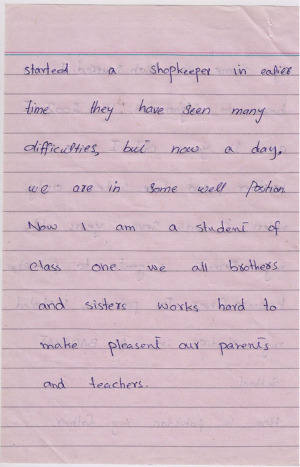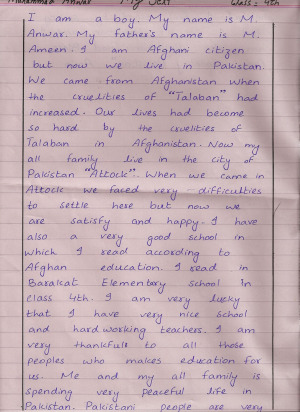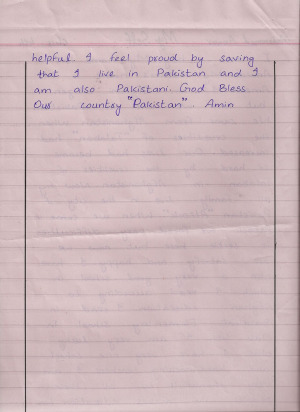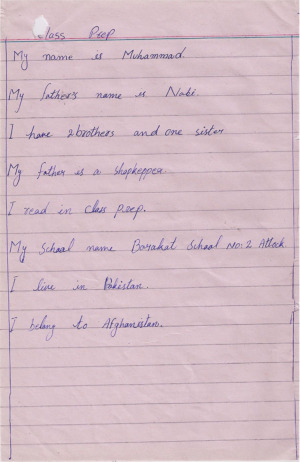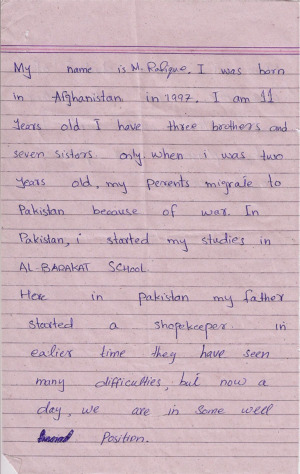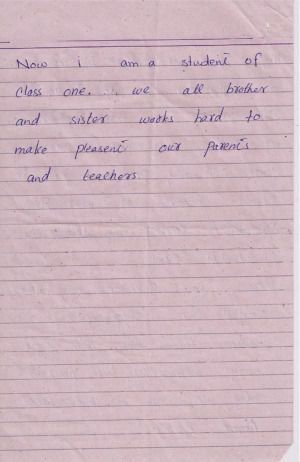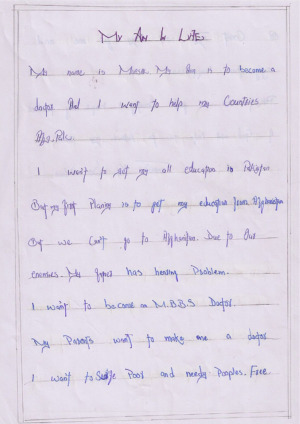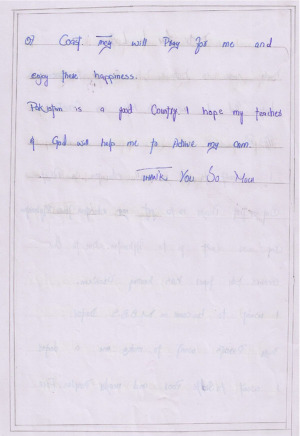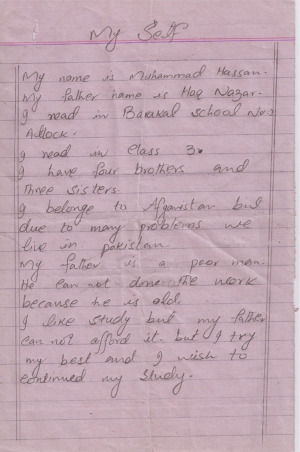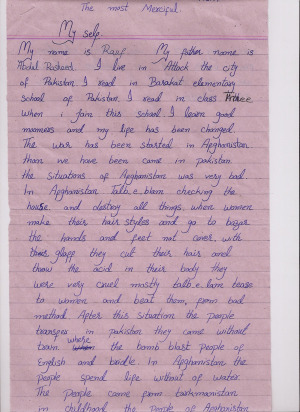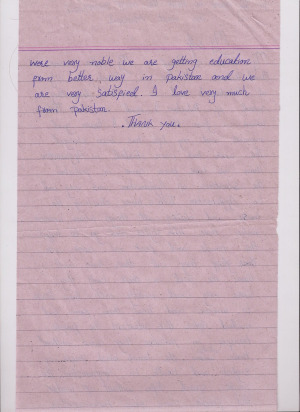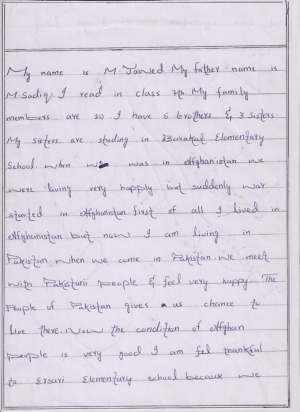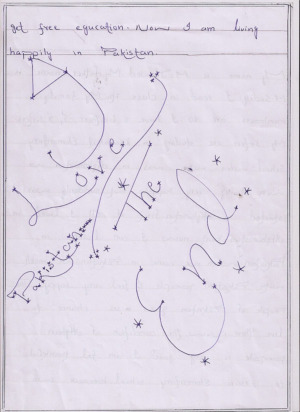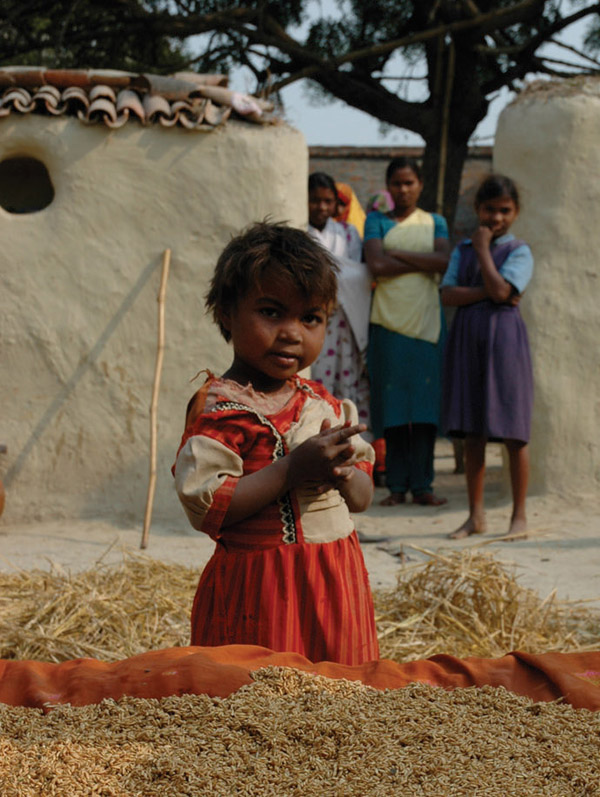by Damon Luloff, Executive Director of Barakat
Our plane is taxiing across the airfield. It’s getting dark outside so there are already orange lights shining through the little windows on the sides of our plane. All I can hear are the low shirring of the engines and the yelps and babbles of young children. It seems like half the people on this flight are under five years old. Could they be as excited as I am about where we’re going?
I’m the executive director of Barakat, an organization based in Central Square, Cambridge. We run seven schools and over thirty literacy programs in Afghanistan, Pakistan and India. Our first school started in Pakistan in 1994. I’ve been working here almost two years and this is my first trip to see our programs first-hand. I am flying to India to check up on the two schools we run there. In a few hours I’ll be walking on Indian soil—to say I’m excited would not quite describe how I am feeling.
My mind is dizzy, like I’m watching clips of a movie that are out of order in super-fast forward. There are so many new experiences awaiting me in the month ahead and I wonder constantly about them. How will teachers greet me? What will happen to children’s eyes when I walk into their classrooms? How long will people hold handshakes? What gestures will parents make when discussing their children in school? What will stop signs look like? What kinds of jokes will people laugh at?
So many questions. I feel unable to think about a single one for more than two seconds before another enters my head. I don’t even know what to think about…I guess anticipation is not my forte.
Since I started working at Barakat two years ago, I’ve been promoting something I’ve never seen – our educational programs. I’ve told hundreds of people how public schools in Uttar Pradesh, India are so bad that most parents find it a waste of time; they would rather keep their kids at home where they can at least be useful and learn some trade applicable later in life. I’ve talked about how our home-based schools give over 800 girls in Afghanistan an opportunity they only dreamed of a few years ago – to be able to read and write. About how our teachers have gone door-to-door to hundreds of homes over the past 15 years, assuring conservative and reluctant parents that their daughters will not come into contact with boys outside of their families at our schools.
But I’ve never seen any of this first hand. I’m just retelling stories I’ve heard from our founder, Chris Walter and our program manager, Arti Pandey. Some days in the corner of our office, typing on my tiny laptop and squinting at my screen, I get exhausted—I wish I had a direct experience with children and parents in our schools to reflect on that would reinvigorate me and fill me with enthusiasm to keep my mind focused through the afternoon. All I can conjure up, though, are some cloudy visions of kids I’ve seen in Bollywood movies staring blankly at a chalkboard. I’m sure the classes are much more lively, but it’s hard for me to imagine.
So instead, my memory reverts to my time teaching in a high school in Guinea and working on community development projects in a refugee camp in Zambia. From these three years of experience, I can recall plenty of crystal-clear images of children and youth struggling to receive an education. I remember walking alongside a student to his home nearly 8 miles from school down a path he walked every day, just for the chance to go to college. I remember a circle of pre-school boys and girls literally jumping up and down, sitting in the shade of a tree and excitedly pointing at dogs, airplanes and mangoes in children’s books – building an enthusiasm for what a great feeling it is to learn something new. And I remember watching a friend of mine cry when he found out his high school scholarship wouldn’t be renewed. He’d have to work for two more years to save up enough to graduate.
While those stories give me renewed enthusiasm for the importance of education and the determination people have to learn new skills and ideas, it doesn’t perfectly translate. Afghanistan is different from Guinea and India from Zambia. The people living in these places all desire education, but the challenges and obstacles keeping them from realizing that dream are different.
I am now thirty minutes into a trip that will give me the chance to see those challenges first-hand. To see how they affect real people with real lives that seem like hazy outlines in the distance. These challenges will help me understand how Barakat makes a difference and who it makes a difference to.
I’m not sure what this trip will be like or how I’ll feel about it as it progresses. But I do know that it will be real and that when I return to crouch over my tiny laptop in the corner of my office in Central Square, I’ll be able to remember those real people. It will remind me that I have shaken their hands and heard their voices— that’ll be more than enough to get me through a few years worth of afternoons.

